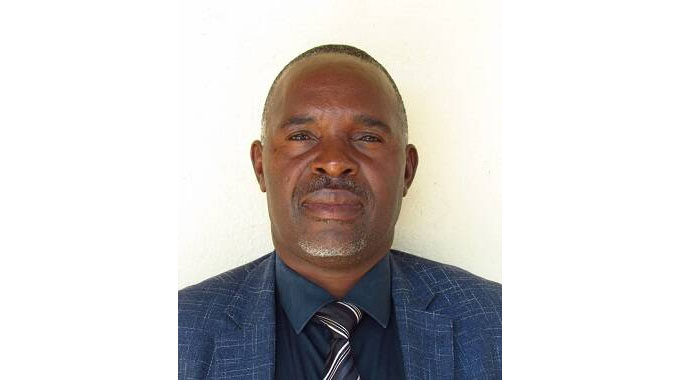Editorial Comment: Modest amendments should make hanging abolition law constitutional

MANY people must have been startled when the Parliamentary Legal Committee made an adverse report on the proposed Bill to abolish the death penalty, saying it went against the Constitution, that legal foundation of all our rights.
Most people would have naturally assumed that not taking up a caveat in the particular constitutional section that allows Parliament to modify the right to life, the number one right listed in the Declaration of Rights, by passing a law allowing the passing of death sentences on adult men under 70 guilty of aggravated murder was in fact an increase in rights.
But the Parliamentary Legal Committee found that the Bill, by wishing to abolish the death penalty, was in effect attempting to amend the Constitution and, since the amendment affected the Declaration of Rights, this would entail not only a two thirds majority in the National Assembly and Senate, but also require within three months a referendum.
However, that adverse finding has not stopped the momentum in amending the criminal law, the main intention of the Bill.
Dzivaresekwa MP Mr Edwin Mushoriwa, who brought the measure as a private members Bill, has carefully gone through the committee findings and has brought in changes that he believes should satisfy the legal committee.
Most of the Bill dealt with specific amendments to three pieces of legislation where the death penalty was brought up as an option, for murder, treason and genocide.
In two of those cases the courts did not in fact have the Constitutional option of passing a death sentence, and there the Bill simply performs the valuable function of bringing some of the more obscure parts of the law into alignment with the Constitution.
The main active part of the Bill was removing the power of the High Court to pass a death penalty on an adult man guilty of aggravated murder, substituting a maximum sentence of life imprisonment, and putting in place a re-sentencing procedure for those adult men now in prison under sentence of death.
The argument all along has been that the Constitution only gives Parliament the option of passing a law that allows the death penalty on adult men guilty of aggravated murder, but definitely does not require Parliament to pass such a law.
In addition, the Constitution erodes the old mandatory death penalty by insisting that the High Court only has the death penalty as an option, not a requirement, and can pass a lesser sentence even for aggravated murder committed by an adult man.
We hope that the changes now suggested by Mr Mushoriwa will be adequate to satisfy the Parliamentary Legal Committee and it will rule that the Bill can no longer be seen as being a shadow amendment of the Constitution, but rather an attempt to amend the criminal law by limiting the maximum sentence that the High Court can impose on a murderer.
We assume the changes are to make the Bill more specific in amending the lower level of law.
This would, of course, leave the Constitution unamended and thus retain the constitutional right of Parliament, whenever it liked, to pass a law allowing the death penalty as one of the options open to the High Court after it has convicted an adult man under 70 of aggravated murder. But we cannot imagine any Parliament taking up this right.
Since those drafting the Constitution were more aware of the dangers of amendments to the Declaration of Rights eroding those rights, rather than increasing them, they did insist that besides the normal advance notice of a constitutional Bill, the public scrutiny and the super-majority in Parliament that any amendment requires, there also had to be a confirming referendum by the people.
It might seem odd in this case, when we are increasing rights, but that is the law.
At some stage we might need to go through the Constitutional process, although we should try and get the timing right in that case so that the referendum could be held at the same time as a general election, and costs would move from the very high to just printing and counting a fourth ballot.
One of the interesting points about this Bill is that Mr Mushoriwa is a member of the opposition in Parliament, but has won backing for his Bill from Cabinet.
But this high level of political maturity, where everyone looks at the idea rather than the proposer and point scoring, is how we should be legislating.
It is, in fact, just the latest example of where we are using consensus. The last Parliament saw a major fixing up of our media law and security law, with much of the work done in inter-party committees and polished in constructive debate afterwards.
And of course our Constitution and the resulting amendments to the Electoral Act were largely driven by consensus. There will be disagreements, that is why we have elections, but where we can agree let us work together and keep building a decent country.
The Cabinet was still keen on having a severe penalty for murder, and quite correctly. But judges will be starting their sentencing calculations with life imprisonment, so they will not go down far.
One murder case that came up recently saw a High Court judge find that the death penalty or life imprisonment did not meet justice for a youthful killer who beat another man to death.
She thought there was a chance of rehabilitation, as well as other factors, but the 30 years she handed down was hardly a soft option and we think if that was showing mercy then the courts have got it about right.











Comments